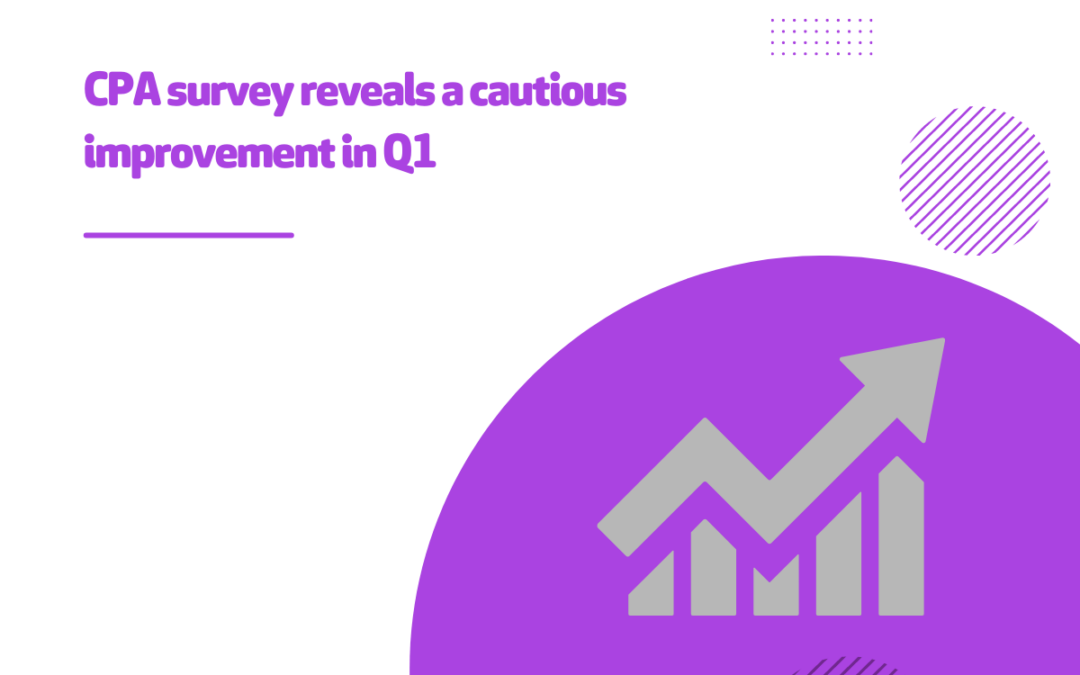Surveys from across the construction supply chain showed a more encouraging performance in the first quarter of the year after the uncertainty-filled end to 2022. Looking back to what preceded the opening three months of 2023, the failed Mini Budget from the short-lived Truss government resulted in financial market turmoil, consecutive interest rate rises from the Bank of England, a collapse in housing market demand and widespread reticence to start new projects. As conditions became somewhat more settled in the new year, product manufacturers’ sales, and SME contractors’, civil engineering contractors’ and chartered surveyors’ workloads indicate that there has been an improvement in conditions for construction. However, this is from a low point and net balances remain muted which, in turn, points to only a cautious pickup as the economy still struggles to gain momentum in the light of high rates of inflation and limited growth. Certainly, cost inflation across inputs within construction are still reported as being historically high, exerting downward pressure on margins and likely adding to client hesitation in signing off new work. Forward-looking indicators such as enquiries and new orders point to weakness lingering in new house building, commercial and industrial, but demand strengthening in public non-housing, RM&I and, in particular, infrastructure work linked to energy generation or storage.
CPA Construction Trade Survey
The CPA’s Construction Trade Survey brings together results from surveys of building contractors, specialist contractors, civil contractors and product manufacturers. It provides a pan-industry assessment of current and expected conditions.

